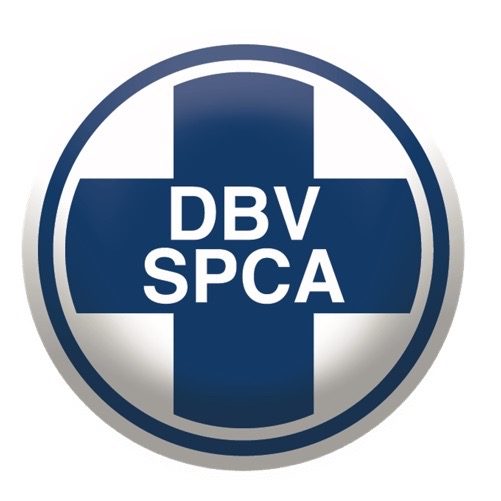- For Animal Related emergencies
- GEORGE
- 082 373 7384
- MOSSELBAY
- 072 287 1761
- MOSSEL BAY
- branchm@grspca.co.za
- 044 693 0824
- Mossel Bay
Adoption Q&A
FAQ
Why is the adoption fee so high?
We understand R850 can sound like a lot, but here’s a comparison to put it into perspective. If you went to a private vet, you would typically pay something like this:
- Sterilisation: R900 – R1,400+ depending on size and sex
- Vaccinations: R330 – R500+ per round
- Microchip: R150 – R200
- Deworming & parasite control: R30 – R100+ per treatment
- Consultation/pre-surgery assessment: R350 – R550
Altogether, that easily adds up to well over R2,000. Our adoption fee of R850 covers all of these essentials — sterilisation, vaccinations, deworming, and a microchip. The truth is, it still costs us more than we charge. We rely on donors and sponsors to bridge the gap so that every animal can leave us with the very best start in life.
Do I really need a home check?
Yes. A home check is an important and caring step. It isn’t about judging you, but about making sure your new pet will be safe and comfortable. Many of our animals have already faced hardship, and this simple visit helps us make sure they get the loving, secure home they deserve. It also helps us guide you with advice so that the match is the best possible one for both you and your new companion.
Why must animals be sterilised?
Sterilisation is one of the most loving and responsible choices you can make for your pet. It prevents unwanted litters, reduces roaming, and improves long‑term health. Most importantly, it helps break the cycle of suffering by ensuring fewer animals end up abandoned or in shelters. It is a national SPCA requirement, but more than that, it’s a way of giving your animal the best possible chance at a safe and happy life. By agreeing to sterilise, you are doing the right thing by your pet and by every other animal who might otherwise be born into hardship.
What happens if the animal I adopt doesn’t fit into my family?
We ask that new owners give their pet a fair chance to settle in. Moving to a new home can be overwhelming, and many animals need time to adjust to new routines, people, and surroundings. If you face challenges, please reach out to us — we can advise you and, if needed, connect you with a behaviourist to help smooth the transition. With patience and support, most animals settle beautifully into their new families.
That said, we also understand that despite everyone’s best efforts, sometimes an adoption may not work out as planned. If this happens, please don’t feel ashamed or afraid to contact us. As part of the adoption contract, animals must always be returned to us. This ensures they remain safe and loved, even if that means we need to find them a different home that suits them better. Returning an animal to us is never a failure — it is an act of care, making sure they continue to be protected and given the best chance at happiness.
By letting us know if things aren’t working, you are still doing the right thing for the animal — ensuring they get another chance to find the perfect family.
Why Don’t You Home Outside of Your SPCA’s Jurisdiction?
We know it can be disappointing if you fall in love with an animal at our SPCA but live outside our area. The reason is simple: we must put the animal’s safety first.
For every adoption, an inspector or trained person must visit the property in person before and after the animal goes home. This ensures the property is secure, that there’s proper shelter, and that the new owner has the knowledge and ability to care for the animal. If there is no SPCA or welfare organisation nearby to carry out these checks, we cannot safely rehome them.
In addition, animals going outside our area must be sterilised and microchipped before leaving. This prevents unwanted litters and makes sure they can always be identified and protected.
It’s not about making adoption harder — it’s about making sure that once an animal leaves our care, they are never put at risk again. Our responsibility is to the animal first, to make sure they are never let down again.
